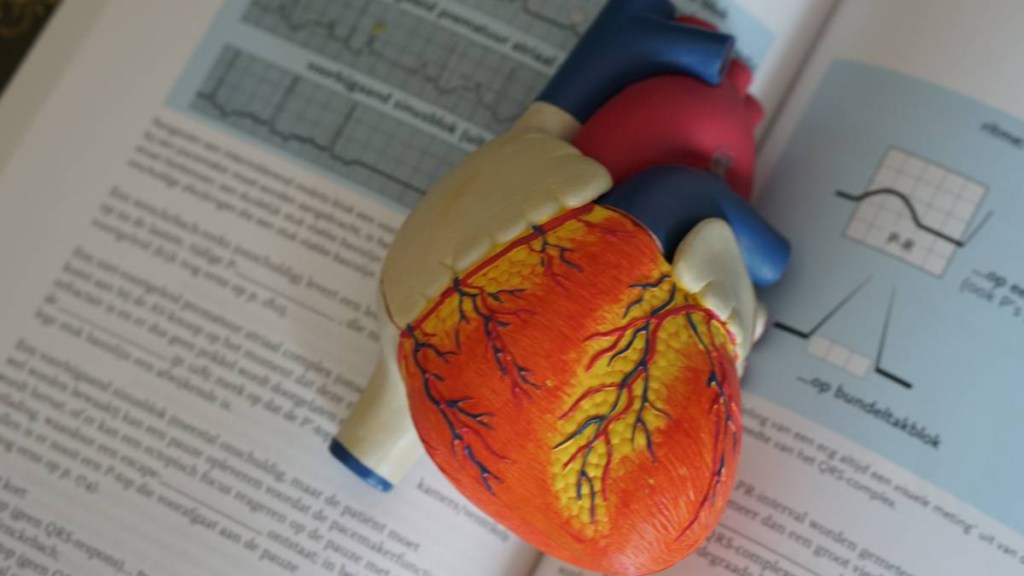This year has seen a dramatic spike in the number of heart related issues reported in India. With the arrival of winter, it has become more important to create awareness about cardiovascular diseases including silent heart attacks. A report by Indian Heart Association, a ngo, has revealed that Indians/South Asians are more likely to have heart attacks than the western population and the only possible solution is awareness for the same.
Let’s talk about something important from a medical point of view—silent heart attacks. They’re like a secret danger that can be really bad if you don’t pay attention to the signs, which might start showing up a month before. Silent heart attacks, also known as the ‘silent killer,’ are as risky as regular heart attacks. The tricky part is, unlike the usual heart attacks, these don’t come with obvious signs and symptoms.
Let’s look at some things that could lead to silent heart attacks.
High cholesterol: If you have too much cholesterol, especially the ‘bad’ kind (LDL), it can build up in your arteries, making it harder for blood to flow and increasing the risk of silent heart attacks.
High blood pressure: It is also known as hypertension. This is another thing that can mess with your heart and make you more prone to silent heart attacks, especially in the winter. High blood pressure puts a lot of stress on your heart, arteries, and other important organs, making you more likely to have a silent heart attack.
Overweight: Individuals who are overweight face a fourfold increase in the likelihood of experiencing a heart attack compared to those maintaining an appropriate body fat composition. The rationale behind this heightened risk lies in the additional strain imposed on the heart by excess weight, contributing to a spectrum of health complications, notably including silent heart attacks.
Smoking: Smoking undeniably detrimentally impacts heart health. The toxic components present in tobacco smoke damage blood vessels, elevate the likelihood of plaque formation, and accelerate the progression of conditions conducive to silent heart attacks.
Age: As individuals age, the susceptibility to heart-related complications tends to rise. This underscores the necessity of proactive measures for heart health, particularly as one advances in age.
Family history of heart disease: The medical history of your family significantly influences heart health. If there is a familial precedent of heart disease, the risk of silent heart attacks is heightened. This underscores the critical importance of regular monitoring and proactive measures to safeguard and nurture heart health.
It is never too late to start working towards your health.
